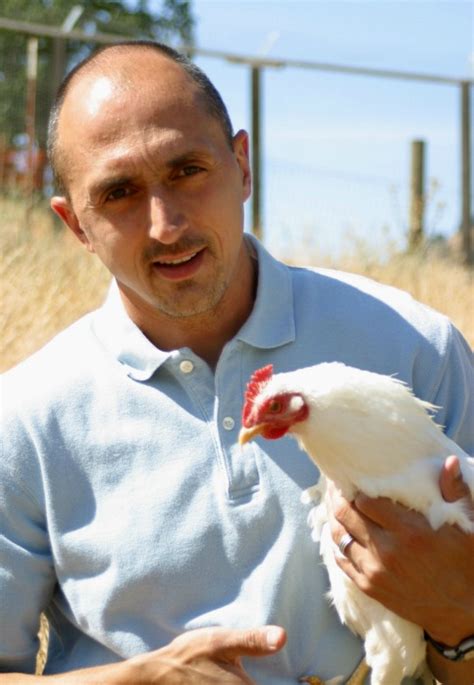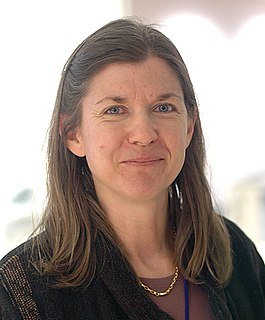A Quote by Noam Chomsky
The big change, the really radical change in communication, was in the late 19th century. The shift from sailing ships to telegraph is astronomical. Everything since then has been small increments, including the internet.
Related Quotes
The big change, the really radical change in communication, was in the late 19th century. The shift from sailing ships to telegraph is astronomical. Everything since then has been small increments, including the internet. So you don't have to wait for a letter to get to England in six weeks, you have almost instant communication. That was an enormous shift.
In the old days, people shared music; they didn't care who made it. A song would be owned by a village, and anyone could sing it, change the words, whatever. That is how humans treated music until the late 19th century. Now, with the Internet, we are going back to having tribal attitudes towards music.
In the late 19th century there was a major union organization, Knights of Labor, and also a radical populist movement based on farmers. It's hard to believe, but it was based in Texas, and it was quite radical. They wanted their own banks, their own cooperatives, their own control over sales and commerce.
Internet becoming accessible everywhere, whether it was Wi-Fi at work, on your cell phone as you traveled. People had it at home with broadband. There was a big change.It used to be people used the Internet primarily at work, because that's where they had a good connection. Now they're using it at home. And the second big change is, they used it not just to get information, but to communicate with one another. And, so, it became not simply an information exchange, but a personal exchange, a communication mechanism.
There is not one particular moment that can account for the shift from the social issue concerns of 19th-century evangelicals into the state of American evangelicalism today. Some historical moments are telling. The rise of biblical criticism in the 19th century forced evangelicals to make choices about what they believed about the gospel.
So, we've gone from covered wagons to going to the moon in just under 100 years. For all the centuries and thousands of years before us, people walked or rode horses, cows, camels or whatever. This so-called modern era, from the late 19th century through now, has been the period of the most amazing development, discovery, innovation and acceleration of change that humans have ever experienced. And it hasn't slowed down yet.


































